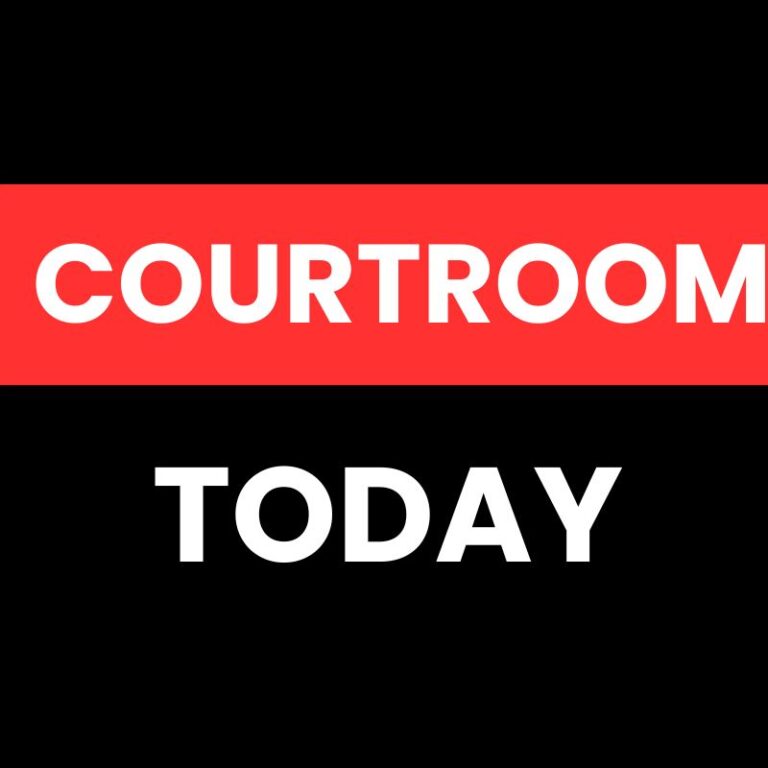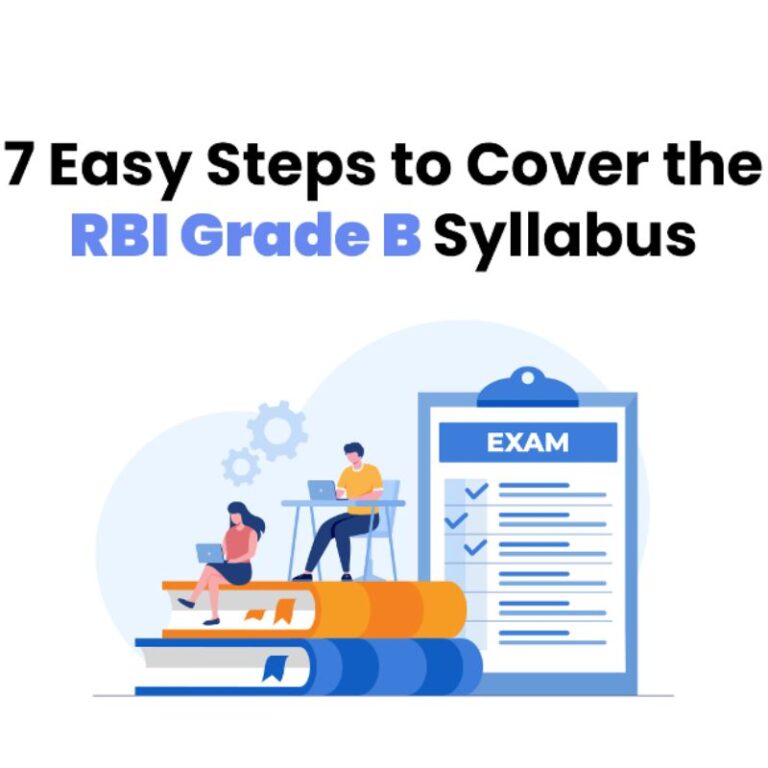Power Struggle: Delhi Government vs. Delhi LG

In the political landscape of Delhi, a long-standing clash of authority between the Delhi Government and the Lieutenant Governor has been a topic of intense debate.
This power struggle has garnered significant attention, not only in the local arena but also in the larger national context.
Understanding the dynamics and implications of this clash is crucial to comprehending the functioning of the democratic framework in India’s capital city.
The Roles and Responsibilities
The Delhi Government
The Delhi Government, headed by the Chief Minister, represents the elected body responsible for governing the National Capital Territory of Delhi.
It is made up of many departments and ministries, each with its own set of responsibilities, including as healthcare, education, transportation, and infrastructure development.
The Lieutenant Governor
The Lieutenant Governor, appointed by the President of India, holds a pivotal position in the governance of Delhi. As the representative of the President, the LG acts as the administrator and exercises control over certain key areas.
Historical Context
To comprehend the current power struggle, one must first grasp the historical backdrop. The passage of the Government of National Capital Territory of Delhi Act, 1991, sowed the seeds of the continuing power struggle.
Interpretation of Article 239AA
The primary bone of contention between the Delhi Government and the LG revolves around the interpretation of Article 239AA of the Constitution of India. This article grants special provisions to Delhi, conferring it with a legislative assembly and an elected government.
Recent Developments
The power struggle between the Delhi government and the LG has seen some notable changes in recent years. The Supreme Court of India issued a significant decision in 2018 that clarified the powers of the Delhi Government and the LG.
Implications and Way Forward
The power struggle between the Delhi Government and the LG has far-reaching consequences for Delhi’s administration.
The frequent conflicts and power struggles might inhibit the administration’s effective functioning, delaying critical policy decisions and impeding development initiatives.
A positive and collaborative approach is required to overcome this issue. To guarantee effective government and the welfare of the people, both the Delhi Government and the LG should stress conversation and mutual understanding.
Summary
The power struggle between the Delhi Government and the LG exemplifies the challenges of governing in a democratic system. Divergent interpretations of constitutional provisions have exacerbated the ongoing power battle, with repercussions for the administration’s efficiency.
Achieving a harmonic balance of authority and responsibility between elected members and the LG is critical for efficient government and the growth of Delhi as a whole.
Calling all law aspirants!
Are you exhausted from constantly searching for study materials and question banks? Worry not!
With over 15,000 students already engaged, you definitely don't want to be left out.
Become a member of the most vibrant law aspirants community out there!
It’s FREE! Hurry!
Join our WhatsApp Groups (Click Here) and Telegram Channel (Click Here) today, and receive instant notifications.






